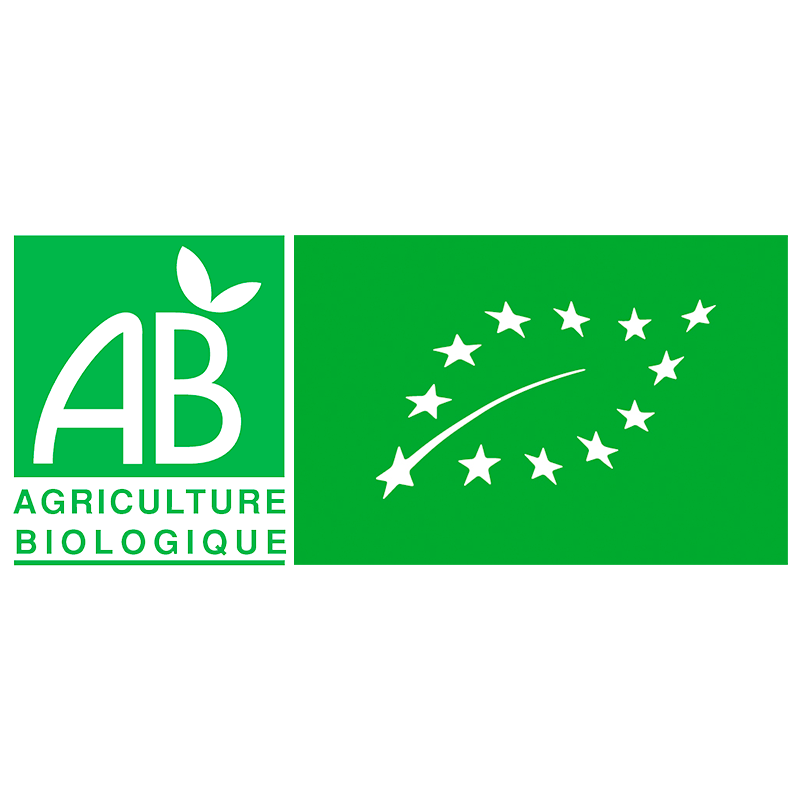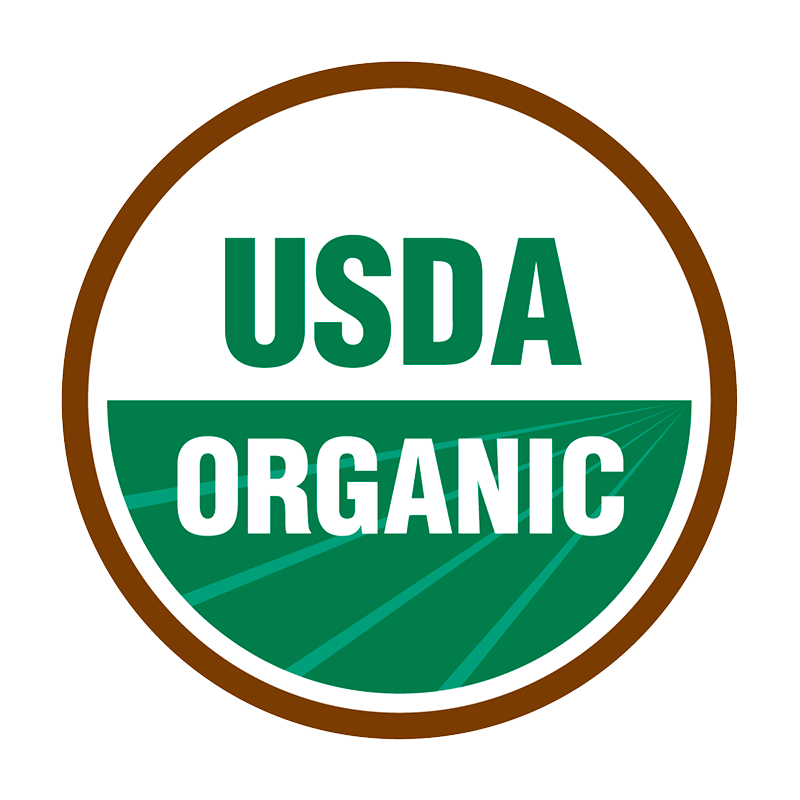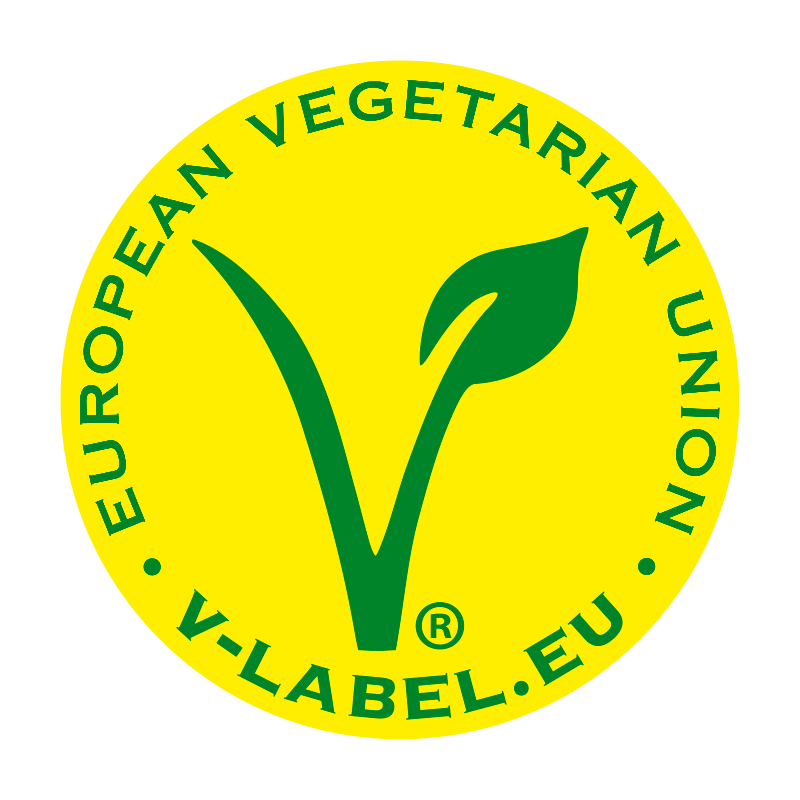Domaine de la Mongestine is a young estate pursuing organic viticulture with biodynamic principles in a region known for mass produced rosé for easy poolside enjoyment. However, new owners Harry and Celine Gozlan envision a project focused on farming with great care and making wines simply. The estate was certified organic in 2014 and is now undergoing the process of transition to biodynamic viticulture as well.
Presentation
Presentation
This one requires you to add friends and sunshine and a good time is guaranteed. Organic grapes are hand-picked from vibrant, young vines in Provence, producing a white wine bursting with a lust for adventure. No excuses.
Terroir
The fruit is mainly source from vines rooted in the clay and limestone soils of north facing slopes (with altitude up to 450 meters) enabling for a longer maturation process preserving freshness in the fruit and acidity.
Winemaking
The grapes are farmed organically on hillside slopes, handpicked, fermented with native yeasts, and bottled with minimal sulfur. A simple approach to winemaking to produce an exemplary and delicious white.
Varietals
Roussanne : 50%
Rolle : 50%
Rolle : 50%
Specifications
Alcohol content : 12,10 % vol.
Contains sulphites. Does not contain egg or egg products. Does not contain milk or milk-based products.
Contains sulphites. Does not contain egg or egg products. Does not contain milk or milk-based products.



Advice
Serving
T° of service: 12°C / 54°F.
Ageing potential
Enjoy all year long, 2 to 3 years
Tasting
This striking white opens with intense aromatics of mixed nuts and peach that set the stage for a powerful expression of crushed flowers and grass in the mouth. Rolle (or Vermentino), packed with quince and pear flavors, takes the lead. Acidity and a fresh, textured character give a saline edge. Caudalies is versatile—and very much a wine for food. It is delicate enough to pair with light fish dishes and salads, but also strong enough to match with salmon, seafood, or a nice charcuterie platter.
* All wines contain sulphur dioxide in various forms, described under the general term of sulfites. As much as 10mg/litre of sulfites can be found even in wine made without the addition of sulphur, as during the vinification process, at the fermentation stage, the yeasts produce sulphur naturally.
* All wines contain sulphur dioxide in various forms, described under the general term of sulfites. As much as 10mg/litre of sulfites can be found even in wine made without the addition of sulphur, as during the vinification process, at the fermentation stage, the yeasts produce sulphur naturally.

